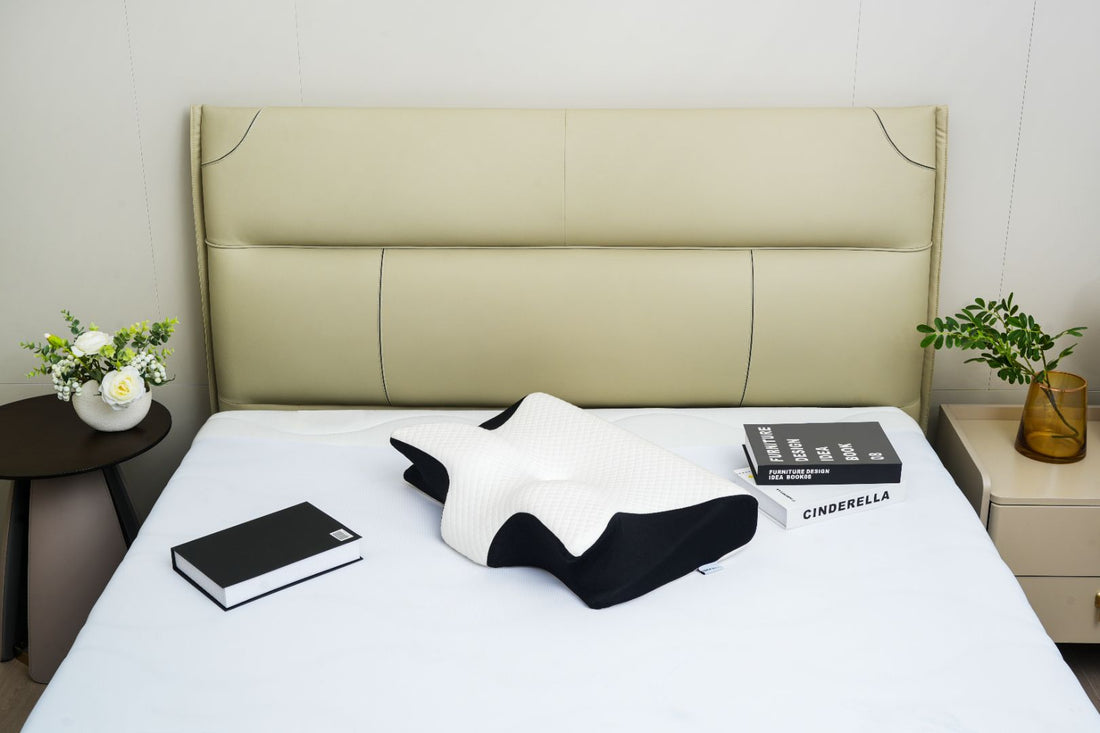
How Many Hours of Sleep Do You Really Need?
On average, adults spend about one-third of their lives sleeping. The National Sleep Foundation recommends that adults aged 18-64 aim for 7 to 9 hours of sleep per night. This range supports optimal health and well-being.
Why 7-9 Hours is Ideal for Adults
Regularly obtaining 7 to 9 hours of sleep per night offers several health benefits:
-
Improved Cognitive Function: Adequate sleep enhances memory, attention, and decision-making abilities.
-
Emotional Well-being: Sufficient sleep helps regulate mood and reduces the risk of depression.
-
Physical Health: Proper sleep supports immune function, cardiovascular health, and metabolic processes.
Consequences of Insufficient Sleep
Consistently sleeping less than 7 hours per night has been linked to various health issues:
-
Weight Gain: Short sleep duration is associated with an increased risk of obesity.
-
Chronic Conditions: Insufficient sleep is linked to a higher risk of diabetes, hypertension, heart disease, and stroke.
-
Mental Health: Lack of sleep can contribute to depression and anxiety.
Optimizing Your Sleep Environment
To maximize the benefits of sleep, consider enhancing your sleep environment:
-
Comfortable Bedding: Invest in a supportive mattress and pillows to maintain proper spinal alignment.
-
Ergonomic Pillows: Using an orthopedic memory foam pillow can provide tailored support, reducing neck and shoulder pain.
-
Sleep Hygiene: Maintain a consistent sleep schedule, create a relaxing bedtime routine, and limit exposure to screens before bed.
Individual Factors Affecting Sleep Needs
While 7 to 9 hours is the general recommendation, individual sleep requirements may vary based on:
-
Activity Level: Physically active individuals may require more sleep for muscle recovery.
-
Stress Levels: High stress can increase the need for restorative sleep.
-
Age: Older adults might experience changes in sleep patterns and may need slightly less sleep.
In conclusion, aiming for 7 to 9 hours of quality sleep each night is crucial for overall health. Creating a comfortable sleep environment and addressing individual factors can help achieve restful and restorative sleep.
May Good Sleep Be With You





